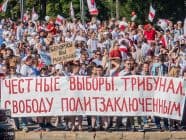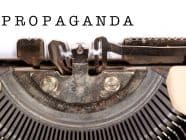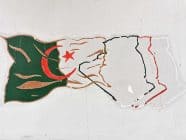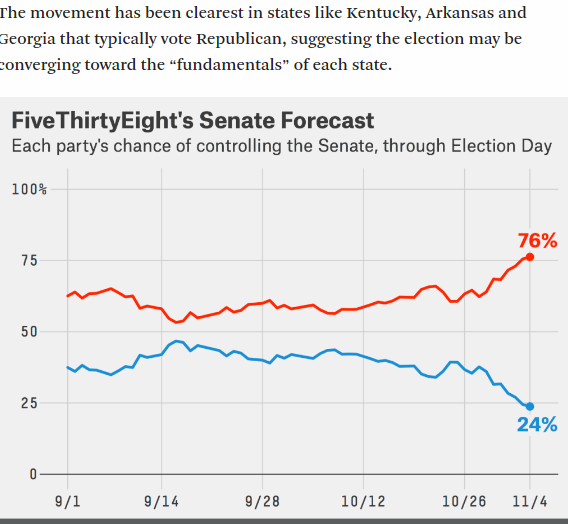The only way to respond to the ever-speaking, often-misleading and hyper-reacting world of Internet propaganda, it appears, is to establish a fact-checking website. These sites are set up to challenge spam, propaganda, misinformation and “fake news”. One of the recent and most exciting of these websites is Stopfake.
Launched by Mohyla Journalism School in Kiev, Stopfake is published in Russian and English and was set up primarily to counter Kremlin propaganda about Ukraine. It is maintained by Mohyla teachers and alumni, and aims to expose false stories in the media.
Stopfake’s operators have a lot to do: in one recent report the investigators found that Russia Today, the Russian broadcaster, had falsely reported that Ukrainian soldiers killed deserters who attempted to flee the battlefield.
In another case, Russia 1 repeatedly presented a woman they described as a “famous actress”, Mariya Tsypko. She was interviewed as a witness in different cities across Ukraine, either as a local resident, a victim or as eyewitness to alleged Ukrainian army “atrocities” against the civilian population.
Stopfake’s investigators also examined photos of dead children circulating on the web – supposedly victims of Ukrainian anti-terror operations. One of the pictures was, in fact, identified as a ten year-old girl who had been killed in an accident, a long time before the pictures appeared.
The website also presents a weekly video newscast, in Russian, of the most audacious propaganda lies.
Stopfake’s website is interactive and users are invited to help identify false news. The project itself is mainly supported by unpaid volunteers. The operators also hope for additional funding, provided through “crowdsourcing”. They claim to have already raised $US8,000, since the site opened in March 2014.
“Many people don’t take a closer look”, says Margo Gontar, one of Stopfake’s founders. “They feel their opinions confirmed by the fake news, and help them spread virally with a mouseclick. This is, of course, much more convenient than trying to check and critically verify the news.”
The proliferation of propaganda and false information spread by the internet and social media has been exacerbated by the declining numbers of experienced foreign correspondents and journalists working in mass media. The few remaining foreign correspondents who speak other languages and understand local cultures, are rarely sent to war zones. With fewer professional journalists in the field, there is little control over online information, and nobody to check whether government propaganda, or other strange or outrageous “news” are true. This has led to the internet, and its social networks, becoming a source of slander.
Under such circumstances, it is commendable when a well-known journalism school engages in fact checking, and not only teaches its students the fundamental lesson of professional journalism, how to check facts twice, and investigate the truth, but also attempts to educate the wider public. If something is still forward-looking in journalism training, in rapidly changing newsrooms, it is this function of fact-checking and enlightenment.
Since its launch the project has averaged one and a half million visitors a month. It already has nearly 30,000 Facebook friends and 10,000 Twitter followers. But this is insignificant compared to the legions of trolls and other “freelancers“, mobilized by Putin‘s regime, in the best Leninist-Stalinist tradition. These trolls are also active in the commentary sections of media reports about Stopfake – trying to nourish doubts on the credibility of the project. Against such opposition, it is unlikely a non-profit organization, such as Stopfake, could be successful on its own.
However, collaborative online fact-checking, which began in the Anglo-Saxon world only a few years ago with websites like Truthteller, Politifact, Factcheck and Fullfact, has become a worldwide movement. A recent conference, jointly organized by the American Poynter Institute and the London School of Economics, brought together activists from 21 countries, among them Argentina, Australia, Italy, Serbia and South Africa. The intention is to create a worldwide, cooperative network of fact-checking organizations. This is already making life more difficult for politicians and other potentates
Margo Gontar, of Stopfake, stated in London that she felt alone before the conference. Now she is part of a network which is strengthening her. The fact checkers are keeping a sharp eye on autocrats like Putin or Erdogan, making it harder for them to spread their propaganda and lies unobserved.
Tags: Margo Gontar, Propaganda, stopfake














































